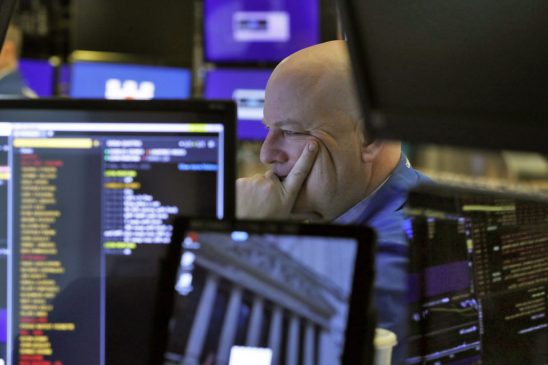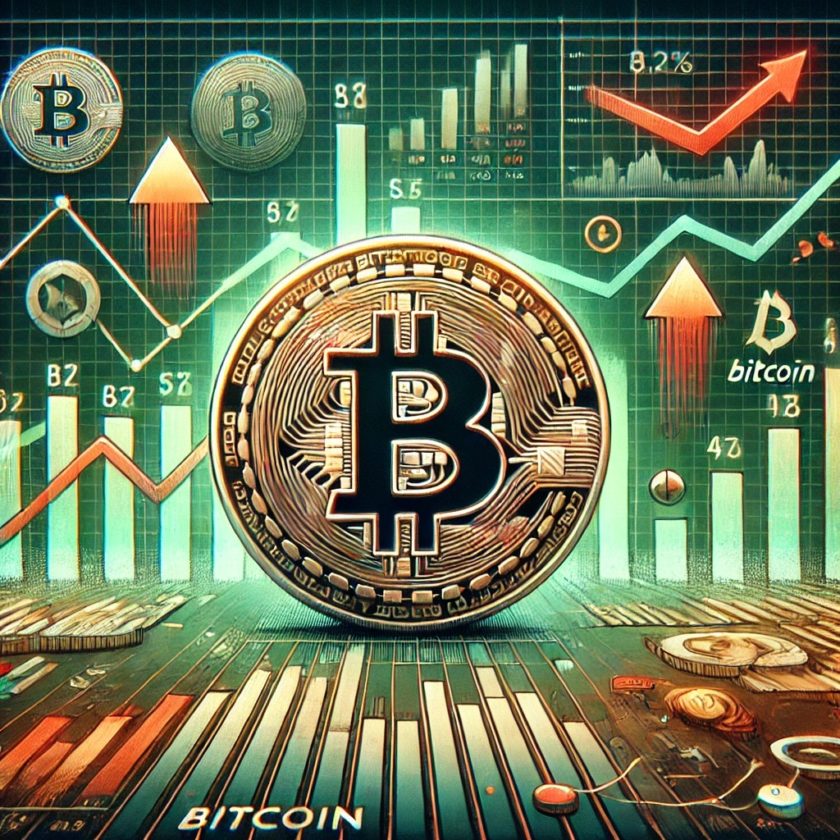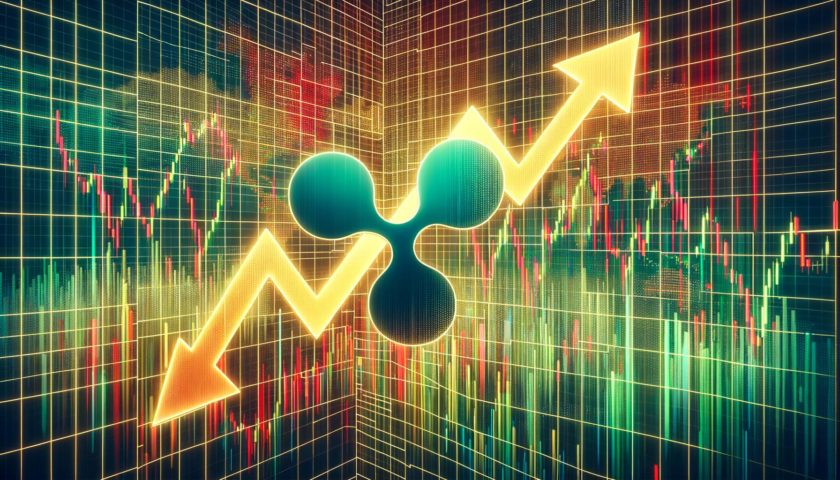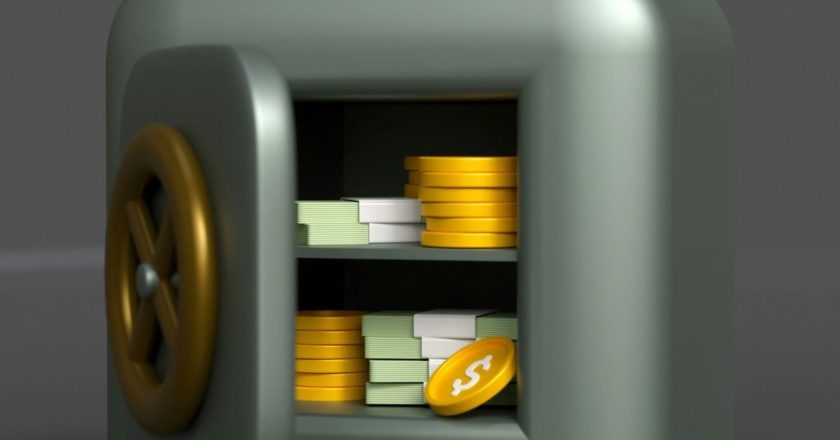- The stock market rallied Wednesday, the second trading session this week to interrupt the frantic selloff that begin mid-February.
- But that doesn’t mean the selloff is over. A legendary economist and global strategist says this is exactly what happened in the 2008-09 bear market.
- In fact, bear markets are more prone to outlandish, one-day surges in stock prices. This week’s whiplash rallies indicate the bull run is over.
The stock market rallied Wednesday as markets warmed up to the Federal Reserve’s emergency interest rate cut of half a percentage point. The Fed cut interest rates from the 1.50%–1.75% range to the 1%–1.25% range.
By cutting interest rates, which are essentially the price banks charge to lend money from each other, the Fed made it cheaper for businesses and individuals to borrow.
Markets usually react to that news with more confidence and buy stocks, driving up their prices. But it temporarily spooked an already nervous stock market Tuesday.
Stock Market Charts Exuberant One Day Rallies
The swiftest stock market correction in history began as the coronavirus outbreak spun out into a global pandemic. The emergency interest rate cut was a confirmation of investors’ worst fears by authorities at the central bank and US government.
Past emergency rate cuts have had a similar effect on the stock market. But Wall Street erupted with buy orders Wednesday. The Dow Jones Industrial Average nearly surged as much as it did on Monday when it posted a 5.1% gain.
On Monday and Wednesday this week, all three major stock market benchmarks bounced hard. The Dow Jones, S&P 500 Index and NASDAQ Composite posted gains in the 4%-5% territory during these trading sessions.
But that doesn’t mean the sell off is over. In fact, it could indicate the bear market is just getting started. That’s according to famed economist and global investment strategist David Rosenberg. He says this is exactly what happened in the 2008 financial crisis.
Analyst: Big Bounces Are Bear Market Territory
After the stock market skyrocketed on Monday, David Rosenberg wrote:
As the bulls go wild on today’s bounce, a reminder: we had 11 sessions in the 2008/09 bear market when the Dow surged 4%; and 7 of these same whippy moves in the 2001/02 malaise. These happen more in bear markets than in bull markets by a huge margin.
Rosenberg is Gluskin Sheff’s chief economist and strategist. He’s also the chief global strategist for Rosenberg Research and Associates. One of the most respected economists on Wall Street for years, he issued early warnings about the housing bubble in 2005. And he predicted the 2008 financial crisis in 2007.
When Rosenberg speaks about financial markets, it’s wise to listen. And often entertaining. On Wednesday he quipped about the coming recession:
Was on CNBC with another guest who thinks all we get is a ‘technical recession.’ I’ve never heard that term before. Is that like an obstetrician saying you’re ‘technically pregnant’?
But don’t just take Rosenberg’s word for it. The historical record of stock market performance is look up-able. Many of the Dow’s most dramatic swings, both down and up happened during bear markets. Stocks might not be done crashing yet.
Disclaimer: This article represents the author’s opinion and should not be considered investment or trading advice from CCN.com.
This article was edited by Sam Bourgi.
Last modified: March 7, 2020 6:36 AM UTC




